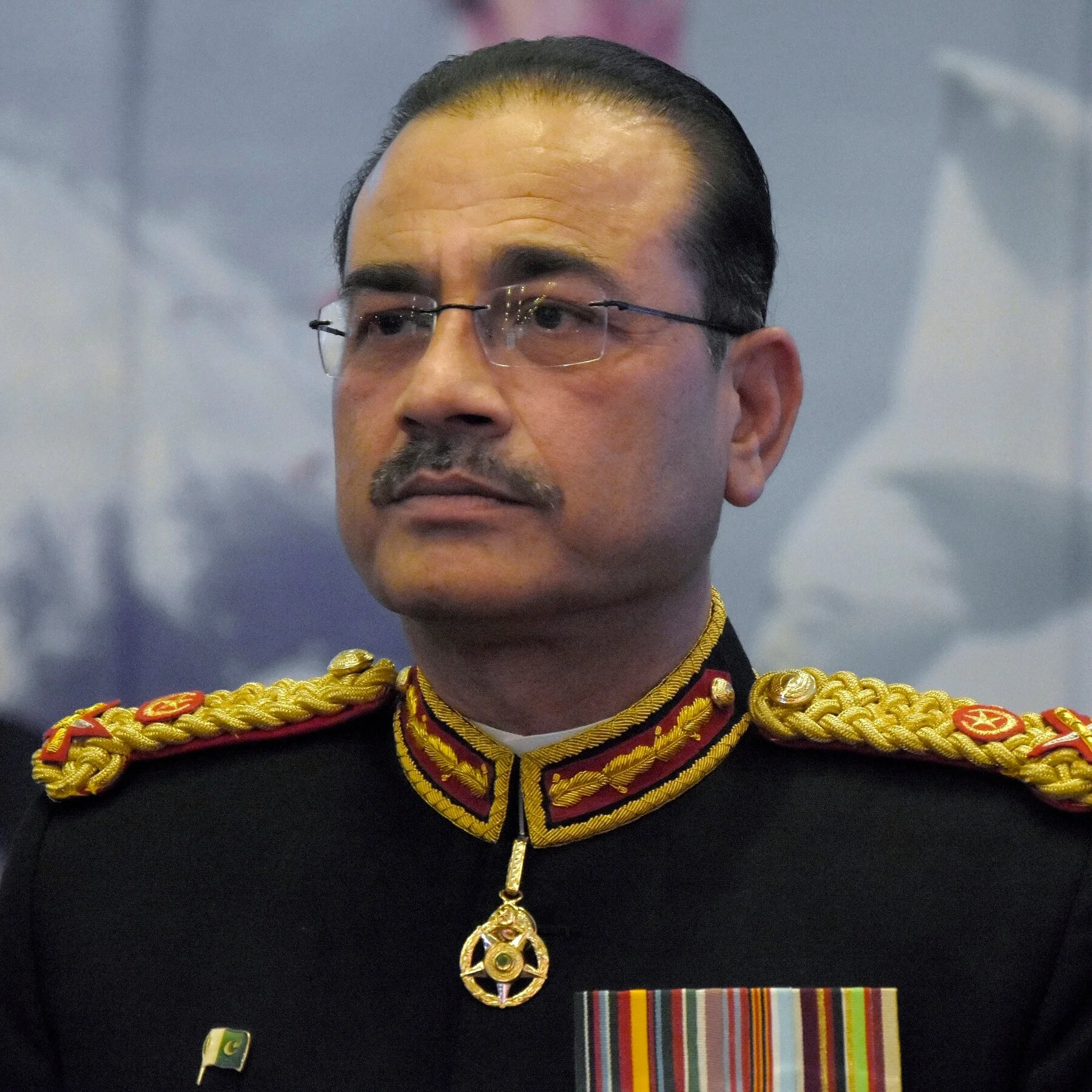India grapples with fallout of war as Gen Asim named field marshal
As Pakistan confers the rank of Field Marshal upon its Army Chief following an intense war with India, analysts say the conflict’s aftershocks continue to trouble Modi
SITUATIONER
May 20, 2025
EVEN as the government announced the elevation of Chief of Army Staff Gen Syed Asim Munir to the rank of Field Marshal for his exceptional leadership during the recent four-day conflict with India, a respected international news outlet reported growing concern among experts that hostilities between the two nuclear-armed neighbours may yet reignite.
In a piece published by The Guardian, South Asia Correspondent Hannah Ellis-Petersen wrote: “There is a sense among analysts and diplomats that Delhi has not emerged from the conflict as triumphant as it had hoped, leaving little room for further de-escalation or political engagement.”
These words paint a sobering picture, suggesting a subdued mood in India, particularly for the ruling alliance led by Prime Minister Narendra Modi. On the Pakistani side, however, the public mood is markedly more buoyant, with a prevailing belief that Pakistan had the upper hand in the confrontation.
The Guardian also quoted Chietigj Bajpaee, Senior Research Fellow at Chatham House, who observed: “With the hyper-nationalist rhetoric we are still seeing from both sides, it seems like there’s limited space for any lasting rapprochement.”
India, in the aftermath of the brief war, is grappling with a number of uncomfortable outcomes. As noted by Indian political scientist Pratap Bhanu Mehta in The Indian Express, the conflict yielded “no decisive victory and no clear political end,” thereby “reinstating the India-Pakistan hyphenation” — a reference to the long-standing tendency to view both countries as a single, quarrelling entity on the world stage.
In recent years, as India surged ahead of Pakistan in economic and geopolitical terms, there was a belief in New Delhi that it had escaped this narrative tether. Yet, recent developments have underscored how international perceptions — especially in the United States — remain largely unchanged.
Among diplomats and observers, the consensus is that India lost ground in the crucial battle for narrative. Further inflaming sentiment in India was the role played by US President Donald Trump during the crisis.
Trump’s boastful claims of brokering the ceasefire provoked considerable frustration in New Delhi. Although past US presidents have often involved themselves in South Asia’s crises, such interventions were typically subtle and largely aligned with Indian positions. This time, however, Trump’s overt pronouncements — including his assertion that trade-related coercion had led both sides to halt hostilities — drew immediate and public repudiation from India.
Another significant outcome was the renewed internationalisation of the Kashmir issue — a major strategic setback for India. For decades, New Delhi has maintained that the Kashmir dispute is strictly an internal matter, not subject to external mediation. In direct contradiction to this stance, Trump offered to mediate a solution between the two nations following the ceasefire. While Pakistan readily welcomed the proposal, India responded with a stony silence.
Analysts suggest that the Modi government may respond strongly — and perhaps unpredictably — to these accumulating irritants.
Accolades for two service chiefs
A statement issued by the Prime Minister’s Office (PMO) announced that the federal cabinet had approved the conferral of the rank of Field Marshal upon Gen Syed Asim Munir. The cabinet also unanimously decided to extend the tenure of Air Chief Marshal Zaheer Ahmed Babar Sidhu.
The rank of Field Marshal is the highest honour in armies modelled after the British military tradition.
“The Government of Pakistan has approved the promotion of General Syed Asim Munir (Nishan-e-Imtiaz Military) to the rank of Field Marshal in recognition of his courageous leadership and strategic brilliance during Markaa-e-Haq and Operation Bunyan-um-Marsoos, which ensured the nation’s security and defeated the enemy,” the PMO stated following a cabinet meeting chaired by Prime Minister Shehbaz Sharif.
Prime Minister Shehbaz Sharif also briefed President Asif Ali Zardari on the decision, according to the official statement.
“Under General Syed Asim Munir’s leadership, the armed forces have successfully defended the homeland,” President Zardari stated, while also congratulating Air Marshal Sidhu on the extension of his tenure.
Upon receiving the honour, General Munir expressed gratitude, dedicating the accolade to the “entire nation, the armed forces of Pakistan, and especially the civil and military martyrs and veterans”.
“I am thankful to the President, the Prime Minister, and the cabinet for their trust. This is not a personal honour but one bestowed upon the armed forces and the people of Pakistan,” he stated via the Inter-Services Public Relations.
